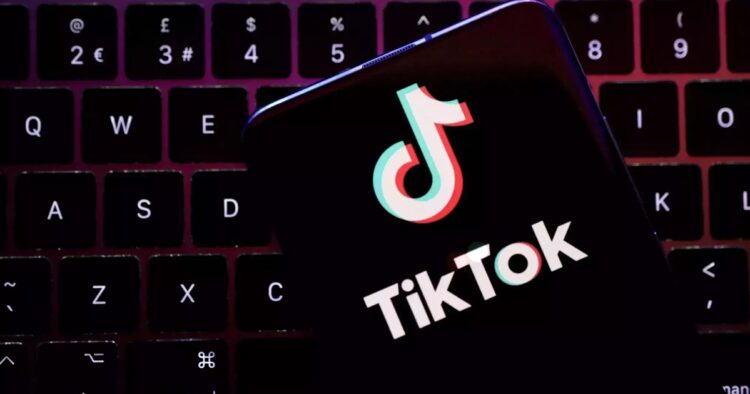Lawmakers in the United States House of Representatives have introduced a bipartisan bill aimed at forcing China-based ByteDance, the parent company of TikTok, to divest the popular short-form video app. The bill, titled the “Protecting Americans From Foreign Adversary Controlled Applications Act,” was introduced by US Representatives Mike Gallagher and Raja Krishnamoorthi, who lead the House Select Committee on the Chinese Communist Party.
The bill comes amidst growing concerns about potential national security threats posed by ByteDance, with fears that the company’s ties to China could compromise user data. Under the proposed legislation, ByteDance and TikTok are classified as foreign adversary controlled applications, allowing the US President to designate other similar apps.
The House Energy and Commerce Committee has announced plans to consider the bill at a Thursday markup session. Committee Chair Cathy McMorris Rodgers expressed support for the bipartisan effort, commending Gallagher and Krishnamoorthi for their leadership.
If passed, the bill would give ByteDance over five months to divest from TikTok after the law goes into effect. Failure to comply would result in TikTok being banned from distribution through app stores or web hosting platforms in the United States.
The bipartisan bill has garnered support from over 12 sponsors, though specific details about the sponsors have not been disclosed. While the proposal aims to address concerns raised by previous bills, there are still apprehensions about the potential impacts of banning TikTok, given its immense popularity among US users.
TikTok spokesperson Alex Haurek criticized the bill, calling it an “outright ban” that would infringe upon the First Amendment rights of millions of Americans. Haurek emphasized the platform’s role in facilitating small business growth and job creation, suggesting that banning TikTok could have detrimental effects on both users and businesses.
This isn’t the first time TikTok has faced legislative scrutiny in the US. In 2023, a Republican-backed bill attempted to impose an outright ban on the app but was met with opposition from Democratic lawmakers citing concerns about rushed efforts and potential infringements on free speech rights.

















Comments